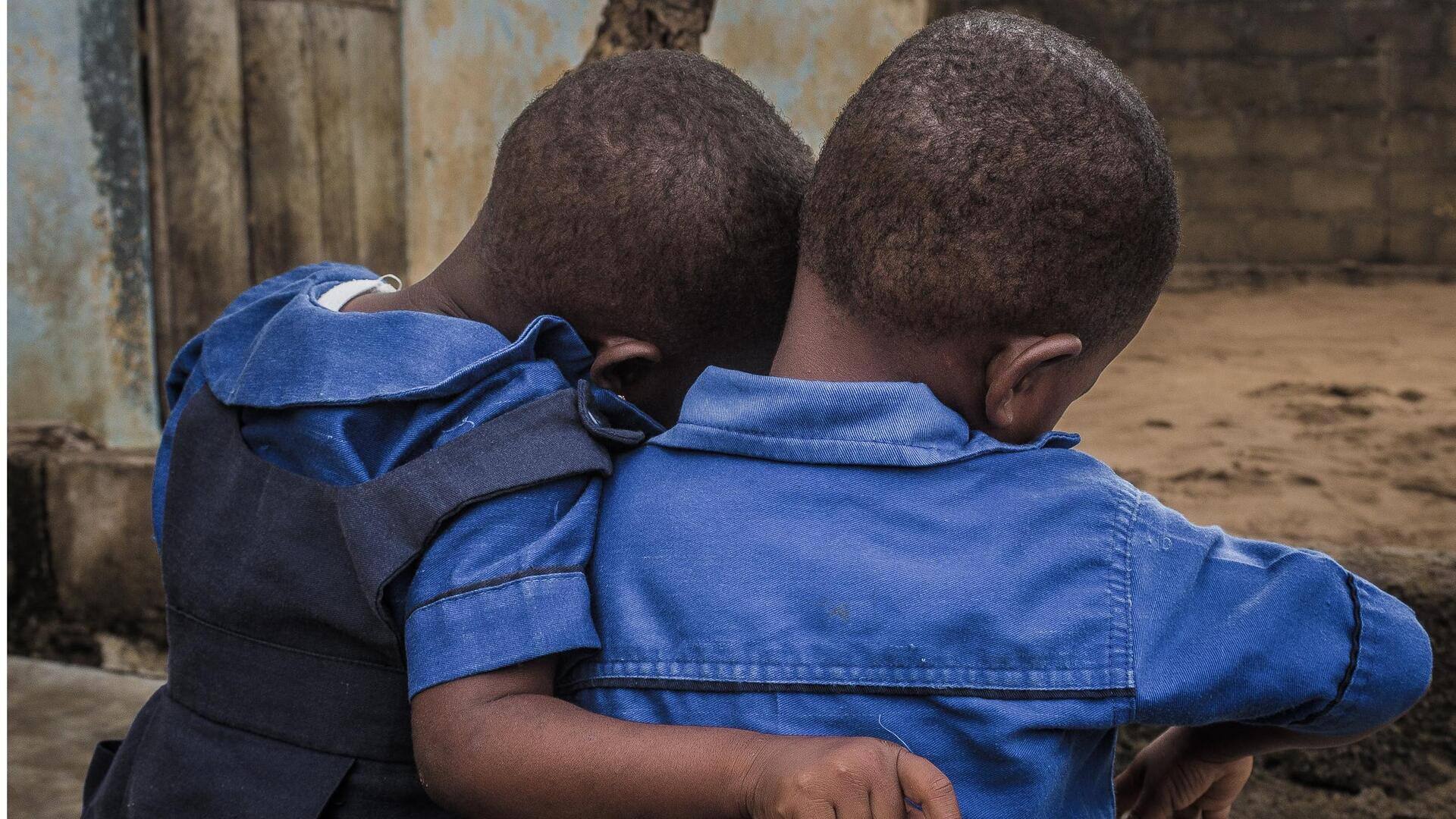
Long-term benefits of teaching forgiveness during formative years
What's the story
In the intricate web of human emotions, forgiveness stands as a powerful thread weaving empathy and kindness. Kamal Chheda, a counseling psychologist at Butterfly Learnings, Mumbai, posits that instilling the value of forgiveness early contributes significantly to the development of more affectionate and empathetic individuals. Let us look into the deep and enduring benefits of introducing the concept of forgiveness during the formative years.
Empathy
Building empathy for stronger social bonds
Forgiveness acts as a cornerstone for cultivating empathy, making individuals more attuned to the emotions of those around them. Chheda emphasizes that this early exposure enables children to develop greater social intelligence, fostering relationships based on understanding and consideration for both personal and others' needs. Consequently, this heightened emotional awareness forms the bedrock for robust and enduring social bonds.
Teaching
Making forginevess relatable
To impart this crucial life skill effectively, value-based stories become invaluable tools. These stories, crafted with simplicity and relatability, make forgiveness a tangible virtue for children. Chheda advocates for personalized narratives, casting the child as the protagonist, and allowing them to emotionally connect with the concept. This approach makes forgiveness relatable and becomes an integral part of a child's evolving moral framework.
Real life
Real-life application for lasting impact
Forgiveness isn't a theoretical concept confined to stories; it finds its true power in real-life scenarios. Chheda underscores the importance of guiding children through situations where they can organically apply the value of forgiveness. This practical approach ensures that the concept isn't imposed but is embraced as an intrinsic part of their moral compass.
Understanding
Fostering organic understanding
While teaching forgiveness, the emphasis must be on allowing children to comprehend the concept autonomously. Chheda suggests presenting situations where children can devise their solutions, ensuring that the understanding of forgiveness is not forced but arises naturally. This organic assimilation ensures a profound and enduring impact on their character, fostering an innate sense of empathy and kindness that transcends their formative years.